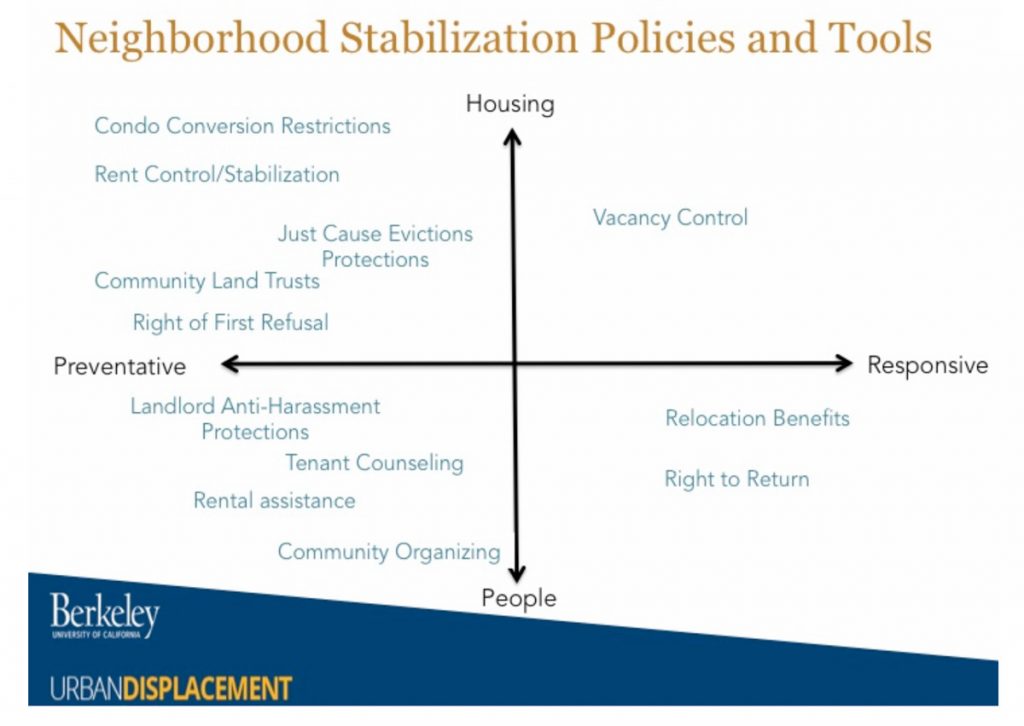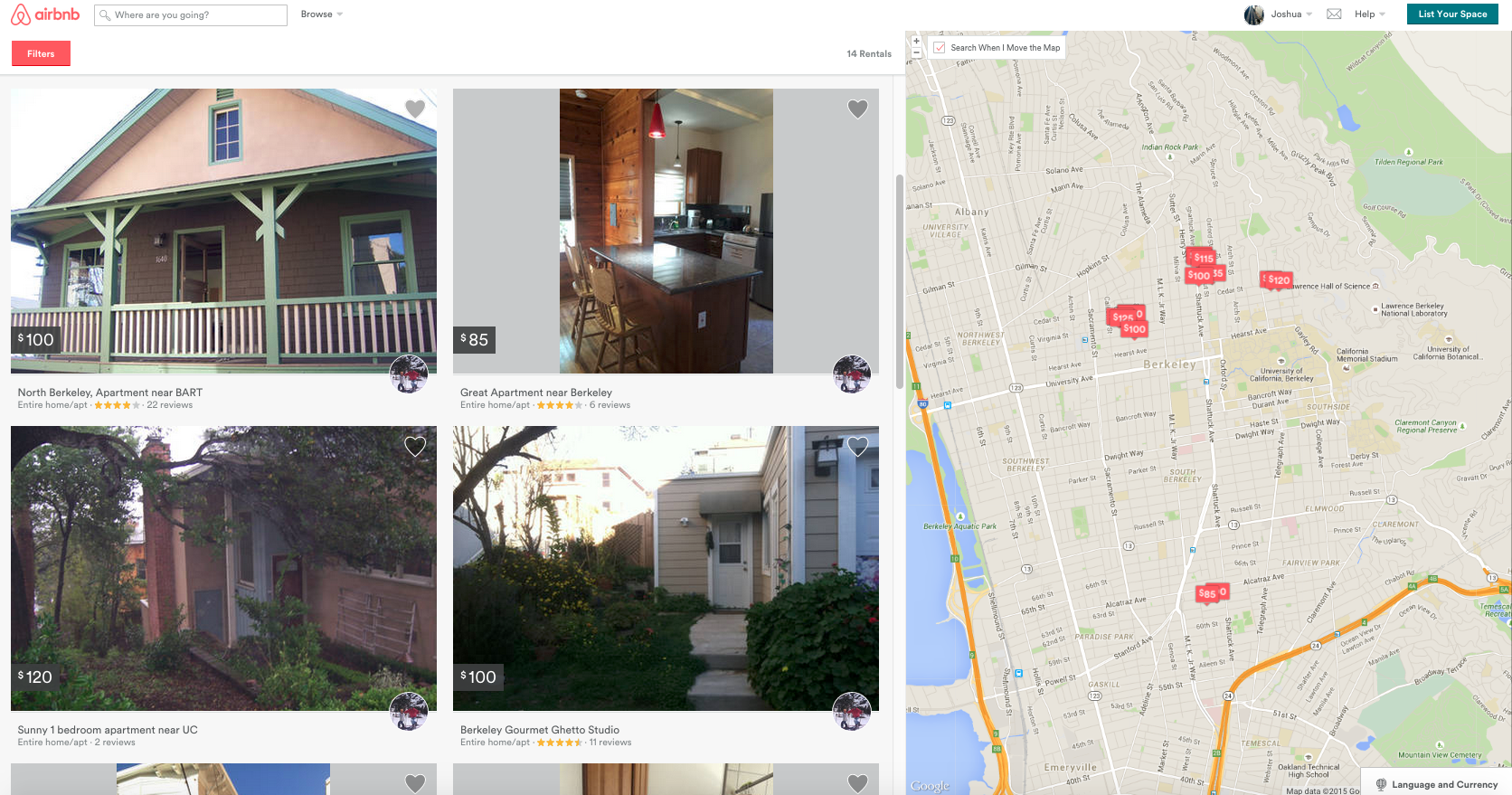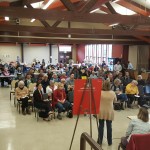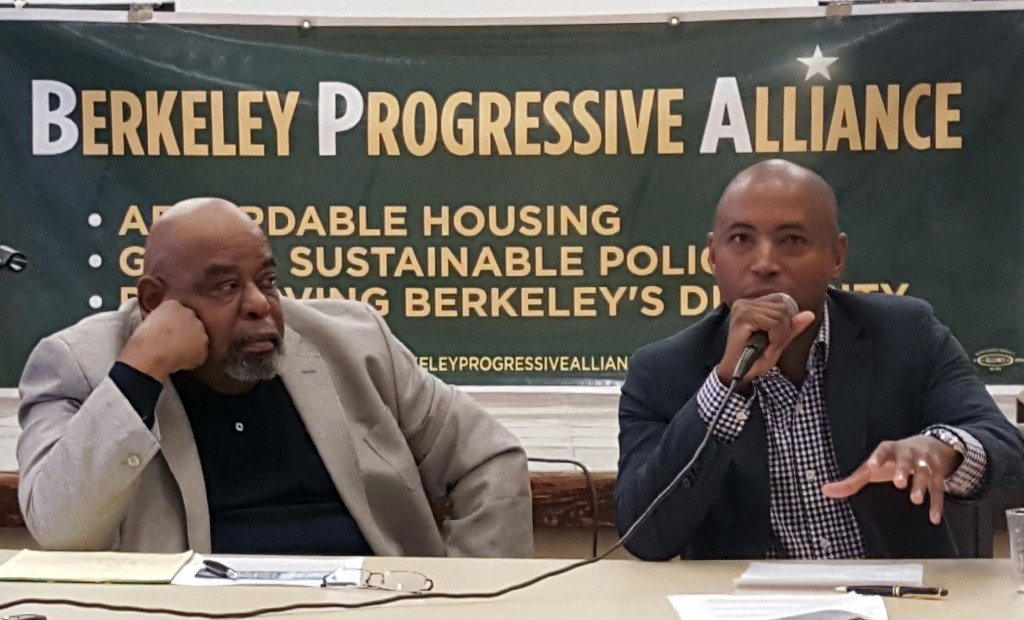Measure U1: Renters Deserve A Share
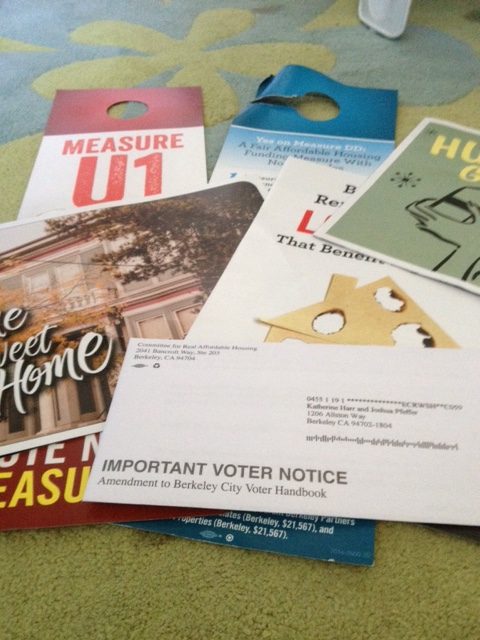
BTU Needs You to Push for Rental Assistance!
The City Council is beginning to discuss how to spend money from the 2016 landlord tax, Measure U1.
You may have seen emails from our allies asking you to comment on Measure U1 funding for particular affordable housing projects, but we want you to remind the Council that a portion of Measure U1 funding is also designated for homelessness prevention. It was always the intention of the authors of the 2016 ballot measure that some money go to reinstate Berkeley’s rental assistance program and boost the number of low-income renters that can defend themselves against Berkeley’s many bogus eviction attempts.
BTU is calling for you to contact the City Council to ask that renters get their fair share from the new tax on high rents generated by Measure U1 – because rent control is Berkeley’s most effective affordable housing program! With about 20% of Berkeley below the poverty level, keeping folks in their rent controlled units is certainly homelessness prevention! The market rent for a new tenant in an older, rent-controlled two bedroom is already $2,600 and “affordable housing units” in developments like The Avalon (by Aquatic Park) rent for $1,445 for a studio – how is that affordable?
Please Email the Council something like this right away!
TO: council@cityofberkeley.info
CC: clerk@cityofberkeley.info
Re: Items 37a and 37b; Items 38a and 38b (July 11)
Rent control is Berkeley’s most effective affordable housing program. BTU calls for more local anti-displacement funding, especially more funding for eviction defense and rental assistance (the “Housing Retention Program.”) Berkeley Tenants Union believes that the portion of funding raised by Measure U1 that should be designated, per the measure, for “homelessness prevention” should be spent on programs which stabilize the housing of low-income renters and thereby preserve economic and social diversity. BTU does not support a delay in committing this funding during a housing emergency. Please prioritize more help for low-income tenants struggling to stay in Berkeley!
Also on the Agenda: Soft Story Update Item 43
Soft story means buildings that will kill everyone by collapsing in an earthquake. They were required to retrofit and have been told since 2006 that this would be required. They get really cheap city loans, too! But 24 have not complied and – thanks to pressure from BTU and vocal advocates like Igor Tregub – they are now being fined by the Building Department.
“This report also provides an update on the status of mandatory seismic retrofits required by Berkeley Municipal Code Chapter 19.39 for buildings with a soft, weak or open front (“Soft Story”) condition and five or more dwelling units. Soft Story building owners had a December 31, 2016 deadline to apply for building permits for seismic retrofits. Of the 86 buildings remaining on the Soft Story inventory, 62 buildings containing 617 dwelling units have now applied for or been issued permits. The Building and Safety Division issued warning letters of administrative citation on March 28, 2017 to owners who had not applied for a building permit and the first citations were issued to ten building owners on May 30.”
IN OTHER NEWS
Tenant Activist Elisa Cooper
Berkeley has lost another important voice for housing. Elisa Cooper, who took on a major role representing Friends of Adeline on the 2016 Tenant Convention Planning Committee, was also a strong advocate for people with disabilities and those who have the very least in our community. She strongly opposed BTU charging dues and her voice will be missed when that issue comes up again this fall.
Rent Board Election: Campaign Finance Complaint
At the July 20th Fair Campaign Practices Commission (FCPC) meeting, the Commission will hear a complaint registered against the Berkeley Rental Housing Coalition for failing to properly record campaign finances. This is not the first time this has occurred. Because of the blatant repeat offences committed by this organization, the Berkeley Tenants Union feels strongly that in order for the Berkeley Election Reform Act to have any teeth, the maximum penalty should be imposed.
Please support BTU’s letter by emailing: FCPC@CityofBerkeley.info
BTU letter for FCPC
Victory on Affordable Housing Fee
“Officials voted Tuesday night, with eight in favor and Councilwoman Lori Droste abstaining, to increase a fee linked to affordable units from $34,000 to $37,000. Council also changed the formula for how the fee is calculated so it’s based on the total project rather than just the market-rate units, as it was previously.”
http://www.berkeleyside.com/2017/06/30/despite-concerns-lack-data-berkeley-council-votes-increase-developer-fee/
Problems Continue at City Council
“The major problem, one which has been the major problem in the approximately forty years since I’ve been watching the Berkeley City Council on and off, is that the only reliable way to get the attention of even the best-intentioned city council is to have as many concerned citizens as possible show up in the flesh to make their case in what’s become one or two minute sound-bytes.”
http://www.berkeleydailyplanet.com/issue/2017-06-16/article/45818?headline=Berkeley-councilmembers-need-to-become-better-listeners–Becky-O-Malley
Solution? Comment Online to Council on Item 25, Berkeley Way Project
“Comments about the plan can be posted online by registered users of Berkeley Considers, with or without their name at www.cityofberkeley.info/considers. However, users are asked confidentially for their name and home address upon registration, to distinguish which statements are from local residents, according to a news release from the city.”
http://www.eastbaytimes.com/2017/07/05/input-sought-on-3-million-berkeley-affordable-housing-project-allocation/
Is Berkeley Way Project Too Big?
“The two-building project, set to take the place of the public parking lot at Berkeley Way and Henry Street, is slated to include 89 affordable apartments in one building and, in the other, 53 studios of permanent supportive housing, 32 shelter beds, 12 transitional units for veterans, and a first-floor services center with a community kitchen. City leaders have long described the $90 million project, a collaboration with the Berkeley Food & Housing Project (BFHP) and Bridge Housing, as “visionary” in scope.”
http://www.berkeleyside.com/2017/06/15/with-council-all-in-on-berkeley-way-homeless-housing-trust-fund-at-zero/
Another Way to Reach the City Council
Our good friends at Berkeley Citizens Action are holding a town hall with (most of) the progressives we elected this fall! The meeting is Sunday July 16 at 3 PM at South Berkeley Senior Center – go tell them we need more funding for rental assistance and access to just cause eviction protections! Arreguin, Worthington and Davila are all renters!
“Confirmed: Mayor Jesse Arreguín. Councilmembers: Kate Harrison, Kriss Worthington, Ben Bartlett, Sophie Hahn, waiting confirmation from councilmember Cheryl Davila.” according to BCA
Housing Fee: Rent Control and the Housing Crisis
“ A very serious problem confronting the City Council is the limits of what a city can do since rent control was abolished by the California legislature in 1995. Unquestionably, decontrol mainly accounts for the incredibly high rents. Even if we accept the US Census underestimated count of the poor in Berkeley, which is over 24,000 –that’s too many individuals and families who can be accommodated by the relatively few available below market rate units. A Berkeley City Council member pointed out that the projects which have already been approved will meet only 3 percent of the goal for low income housing.”
http://www.berkeleydailyplanet.com/issue/2017-06-30/article/45843?headline=The-affordable-housing-crisis-how-Berkeley-should-deal-with-it–Harry-Brill-
Housing Fee: Was It Really a Victory?
“On the same night of San Francisco’s OMI victory, Berkeley retreated to its failed anti-housing past. The Berkeley City Council ignored the pleas of housing experts such as Karen Chapple of the UC Berkeley Urban Displacement Project, environmental groups such as the Greenbelt Alliance along with ample public testimony and voted 8-0-1 to impose new housing development fees based on 2015 rather than 2017 cost data. Why would the City Council raise fees based on a 2015 feasibility study? Anyone familiar with rising construction costs since 2015 knows that such data is outdated.”
http://www.beyondchron.org/sf-advances-berkeley-retreats/
Berkeley Rent Control History Rewrite
When the landlords took over the Rent Board, they hired this guy!
http://www.eastbaytimes.com/2017/06/27/my-word-alamedas-just-cause-evictions-law-should-be-quashed/
More About Elisa Cooper
“What I will remember most about Elisa was her stating at numerous council meetings how the property transfer tax had been increased by 0.5% in 1990 for the purpose of providing a steady revenue stream for affordable housing – but then the revenue was diverted to the General Fund during the Great Recession – and never restored.”
http://www.berkeleyside.com/2017/07/05/opinion-elisa-cooper-taught-history-affordable-housing-shortage/
Demolition on Tenth Street Remanded
http://berkeleydailyplanet.com/issue/2017-06-23/article/45827?headline=SQUEAKY-WHEEL-The-Form-of-Infill–Toni-Mester
BTU History
The Berkeley Tenants Union was the subject of a recent research paper.
http://www.foundsf.org/index.php?title=Berkeley_Tenants_Union_in_the_1970s

